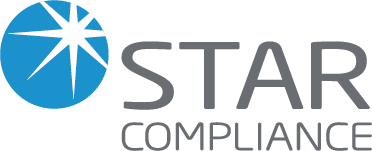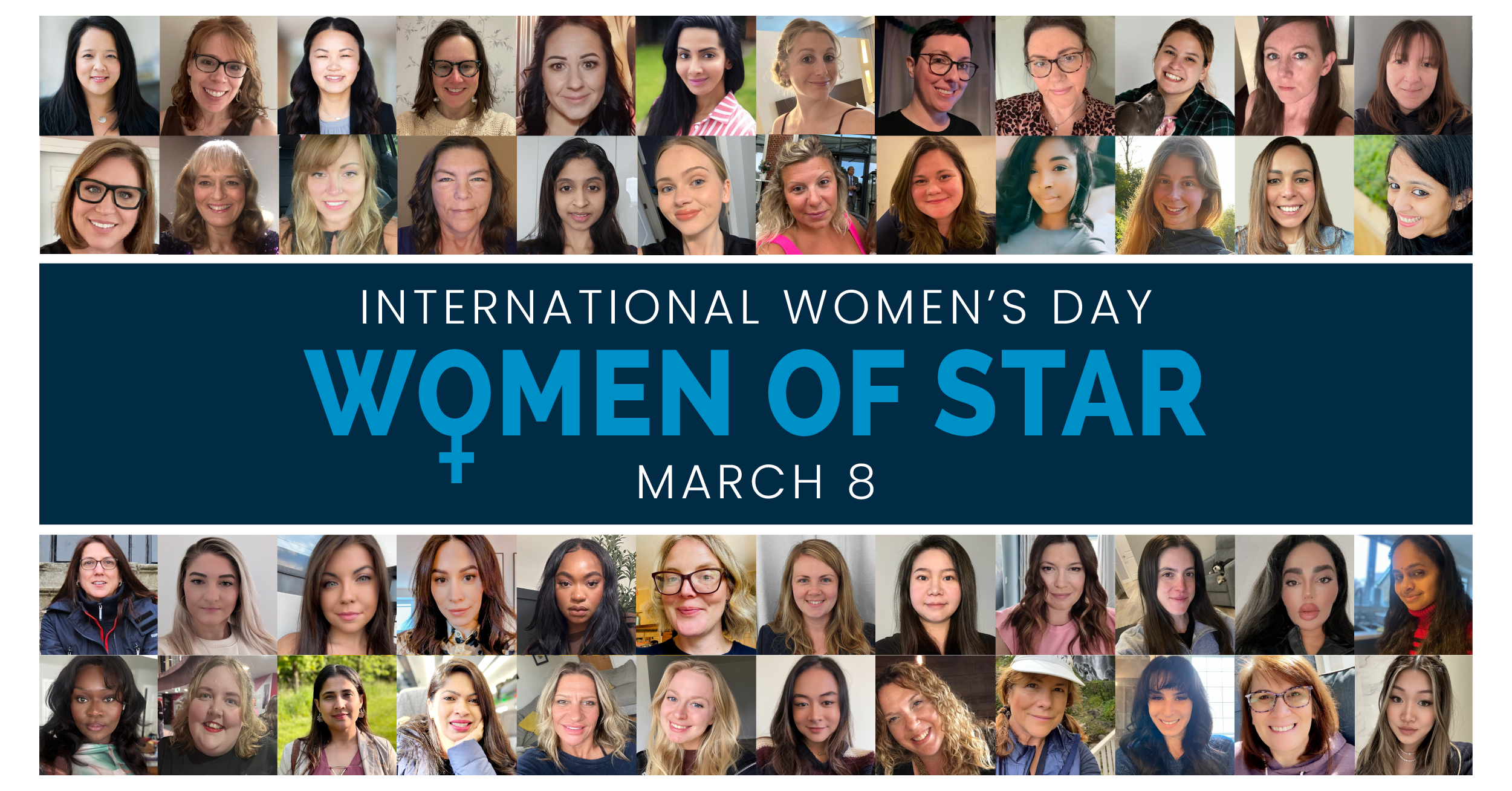This year’s International Women’s Day theme is Inspire Inclusion -
‘When we inspire others to understand and value women’s inclusion, we forge a better world’
Inspire Inclusion - serves as an excellent starting point for exploring the progress made for women in the workplace, while acknowledging the ongoing work needed to fully appreciate and leverage the substantial advantages of a diverse workforce.
Considerable attention has been given to the necessity for increased female representation in STEM fields, with recent figures indicating approximately 29% of women in these fields. Additionally, there's recognition of the unique challenges women encounter when contemplating starting a family and navigating the delicate balance required to remain professionally significant, avoiding being pigeonholed into the realm of prioritizing family over career, commonly referred to as the 'baby track.'
Although corporate America and the U.S. government lag behind their global counterparts in certain aspects, some companies have taken proactive steps to not only recognize the importance of diversity in the workforce but also implement policies that honor and appreciate a colleague's transition into motherhood.
By The Numbers
According to a study done by Pew Research, the number of mothers in the United States working full or part time has grown from 51% to 72% in the past half century, though the country is the only one out of 41 nations that does not mandate any paid leave for new parents. Data compiled by the Organization of Economic Cooperation and Development showed that the smallest amount of paid time off by the other 40 countries is two months.
In comparison, the Family and Medical Leave Act (FMLA) of 1993 in the United States grants eligible employees up to 12 weeks of unpaid leave within a 12-month period for reasons such as the birth of a child and caring for the newborn. FMLA coverage is applicable to employees working in companies with 50 or more employees.
Why Inclusion Matters
When obstacles impede women's progress in the workplace, it hampers the organization's capacity to remain competitive, particularly in the STEM sector. This sentiment is succinctly encapsulated in a statement from a paper authored by MIT.
“Addressing existing underrepresentation is critical as the world grapples with economic, environmental, geopolitical, societal, and technological risks. Closing the gender gap will not only bolster sustainable tech-enabled growth and innovation but is also deemed an economic necessity.”
To maintain competitiveness and expand their international influence, companies such as StarCompliance (Star) are at the forefront of implementing inclusive strategies aimed at promoting diversity and supporting working mothers. These initiatives are geared towards securing market share and delivering pioneering solutions for clients in the regulatory compliance sector.
Times - They Are A Changin
Three decades ago, Lauren St. Amand, Star’s EVP and Head of Marketing, was determined to build her career and start a family. “I knew it wasn’t going to be easy," reflected Lauren, "but I wasn’t prepared for the bias and lack of opportunities that were taken away both pre and post-delivery.” Lauren was given six weeks maternity leave, and her time off was viewed as an inconvenience instead of a celebration. “I was in Los Angeles at the time, far away from family and friends, and vividly remember handing my six-week-old son to someone I barely knew. I spent the next 5 years questioning myself, and wondering if I was doing the right thing. That experience motivated me to become an unrelenting advocate for other women as I moved up the corporate ladder.”
Executive Director Melissa Macatuno's professional and personal journey stands in stark contrast. Upon joining Star six years ago and assuming a leadership position, she found herself among only ten women in the entire organization. Within her initial two years, Star welcomed a female CEO, Jennifer Sun, who not only led by example (balancing motherhood with her role as a CEO) but also transformed perceptions of women as indispensable contributors to the team. Shortly after Sun’s arrival, Star changed its maternity policy and now offers an industry-setting 4-month leave.
“I was never focused on the baby track,” added Macatuno. But once I saw how Jennifer and other female colleagues around me were able to balance both and be top in their fields, it galvanized what was possible—I realized I didn’t have to choose between family and career. We are now counting down to the birth of our first child and some of my biggest supporters are my colleagues—many of them men! Star has a culture that encourages colleagues to be supportive of each other’s career and personal goals. Every woman at Star should feel empowered to have a career and a family if they so choose. Know that your contributions to the organization are important and appreciated and that your value doesn’t disappear just because you decide to have a family.”
Inspire Inclusion… Indeed.
In celebration of International Women’s Day, Star recognizes the value and power that the women of Star bring to the table. Interested in joining a team that values your contributions and well-being? Find your future team here.


